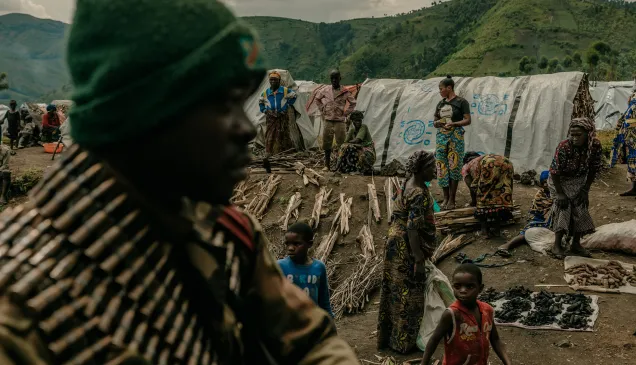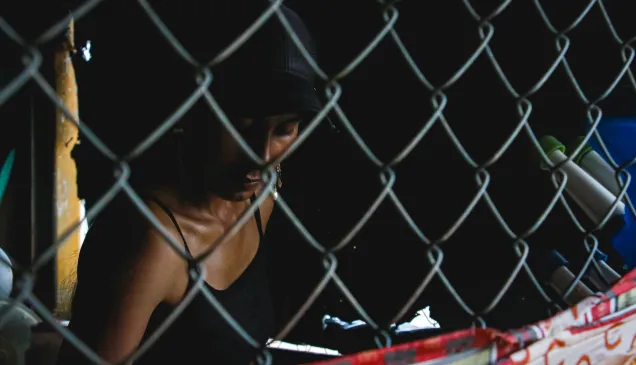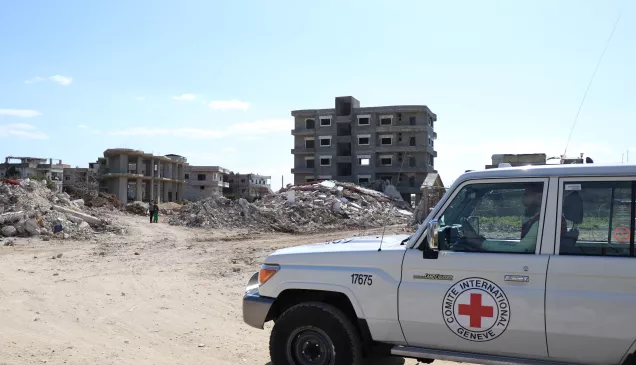Democratic Republic of the Congo: Cash aids recovery following ethnic violence
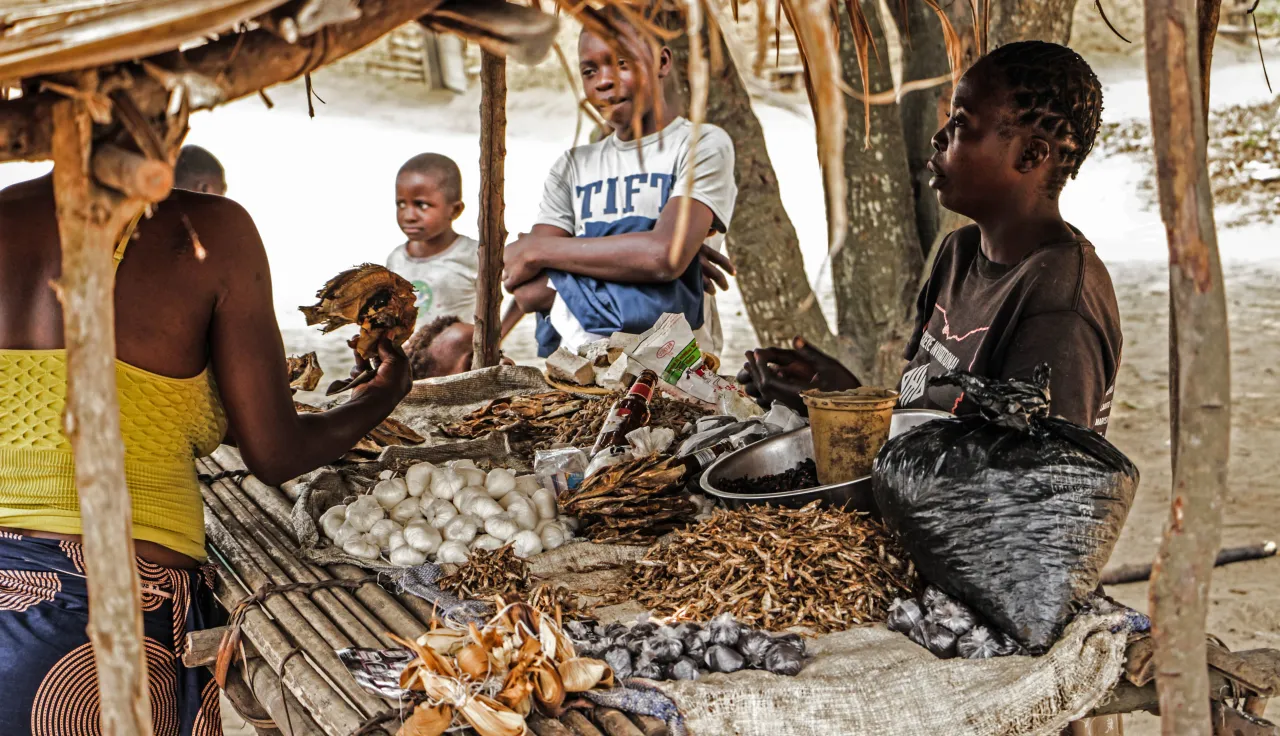
Land disputes sparked deadly clashes in 2018 between ethnic groups in Kakenge, which lies in the Kasaï region of the Democratic Republic of the Congo (DRC). Large numbers of people fled into the bush, leaving everything behind. When they returned, many had to rebuild their homes and their lives.
Their needs varied widely, so in August 2019 we made cash payments to almost 10,000 families who were suffering the effects of the violence. This allowed them to decide for themselves how to deal with the crisis. They tell us stories of hope, improvisation and fear of what tomorrow may bring. And how they have used their money highlights some universal needs.
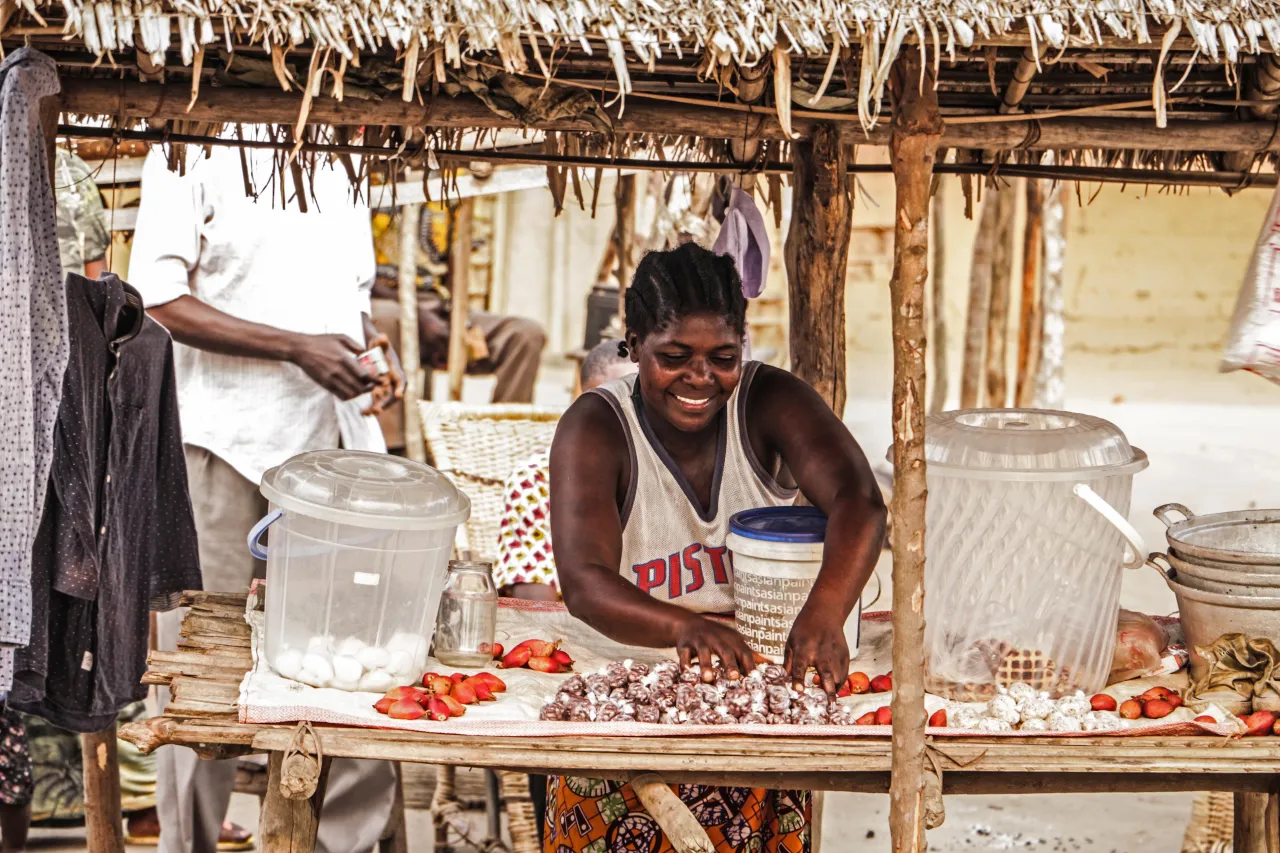
Françoise has nine children. She invested the ICRC money in setting up a small business so her family could survive. She keeps smiling, "but inside I'm hurting." Françoise used part of the money to pay off the debts she ran up to pay for her children's education. One of her children is studying at Lubumbashi University, in Haut-Katanga province. "I buy bottles of palm oil at a good price and send them to her. She sells them, keeps the profit to cover her expenses and returns the capital to me."
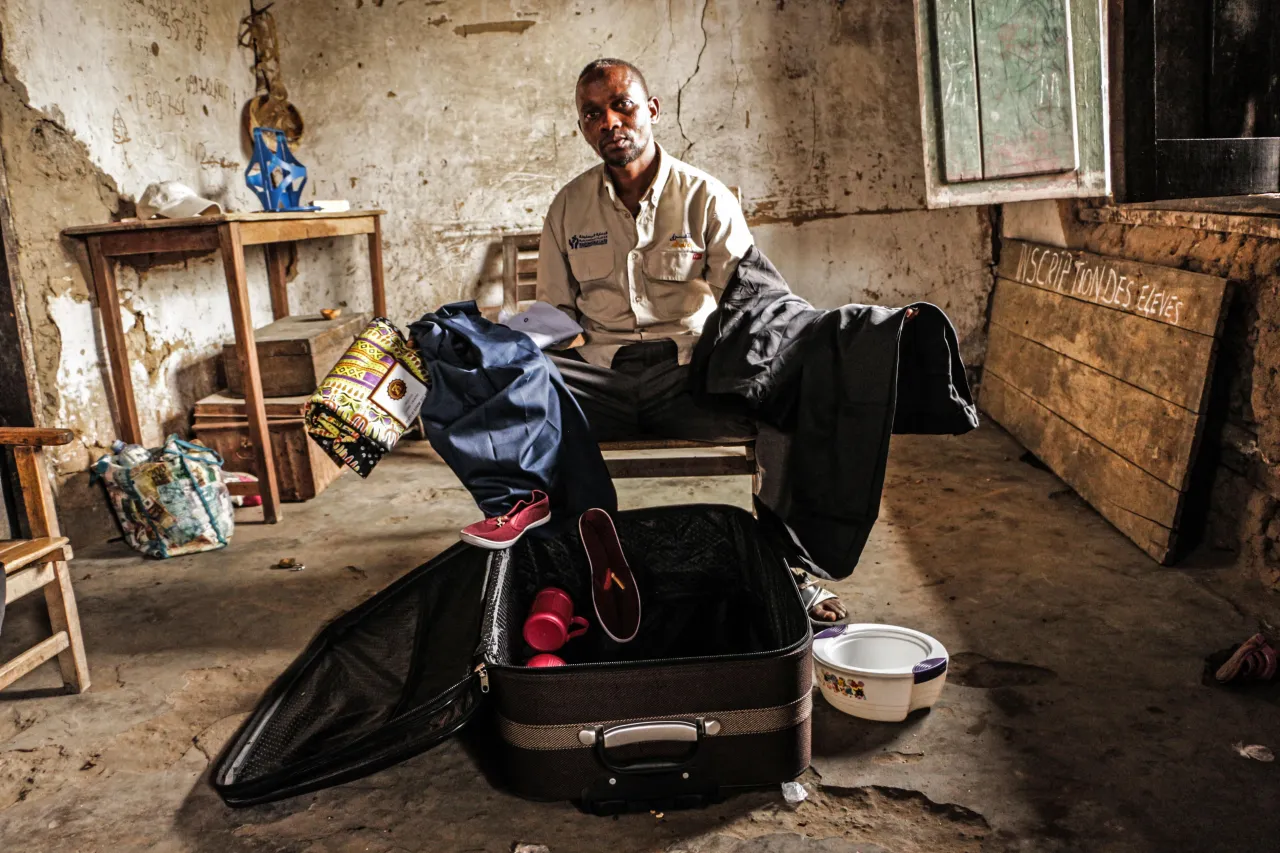
"The reason I bought a suitcase is that when the violence started I had only my hands to carry the bare essentials," explains Jean, who is married with two children. When he returned from the bush, his house was empty – the attackers had taken everything. Now he's prepared, ready to take everything of importance with him if he has to flee again. Jean also used part of the money he received to buy the supplies his daughters would need for the new school term, plus a few household items. He bought corn as well, "because we were starving." Jean has been unable to farm his field for over a year because of inter-community tension.
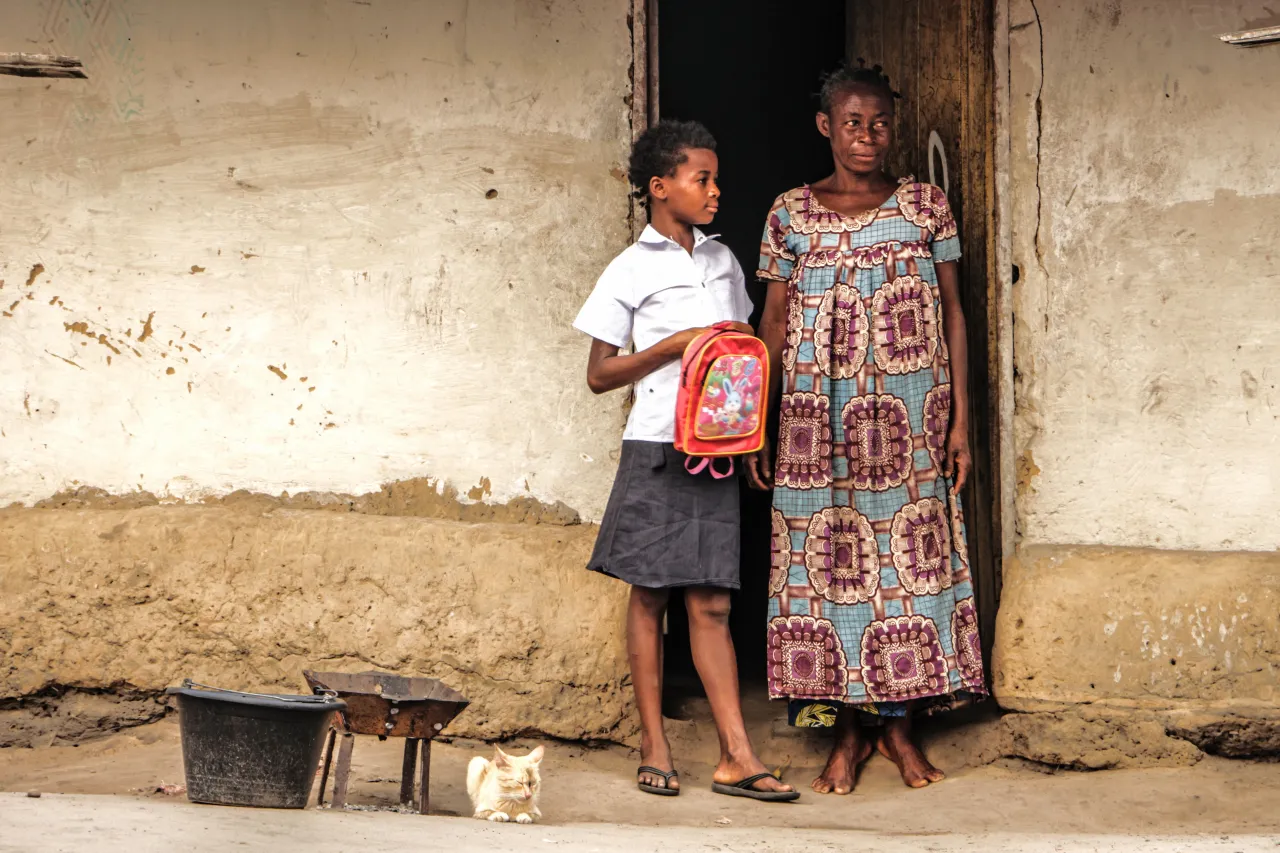
For Alphonsine (67), the first priority was medical care for her daughter, who suffers from sleeping sickness and malaria. Alphonsine's husband died in the violence, leaving only her daughter to help her. She has bought the items her grand-children needed for re-starting school. And a suitcase, so she can transport her most important possessions if she has to flee again. "We had to get out in a hurry, with all our stuff wrapped in a mosquito net," she tells us. "I was so ashamed!"
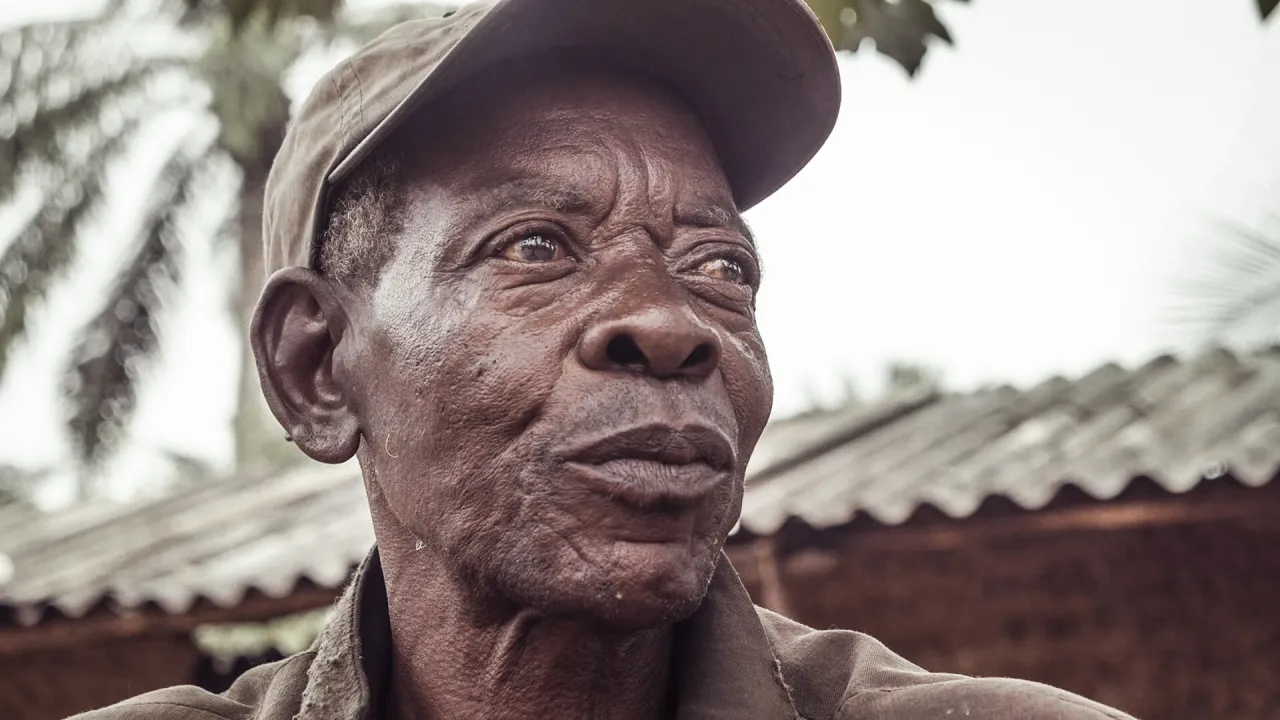
David (67) is rebuilding his house, which was looted and destroyed during the violence. He has already acquired a few pieces of timber, and hopes to buy some corrugated iron for the roof. He has ten children, and before the crisis he was a farmer. But David can no longer work in the fields, as he broke his right ankle while fleeing the fighting. To make matters worse, all his tools and equipment were stolen.
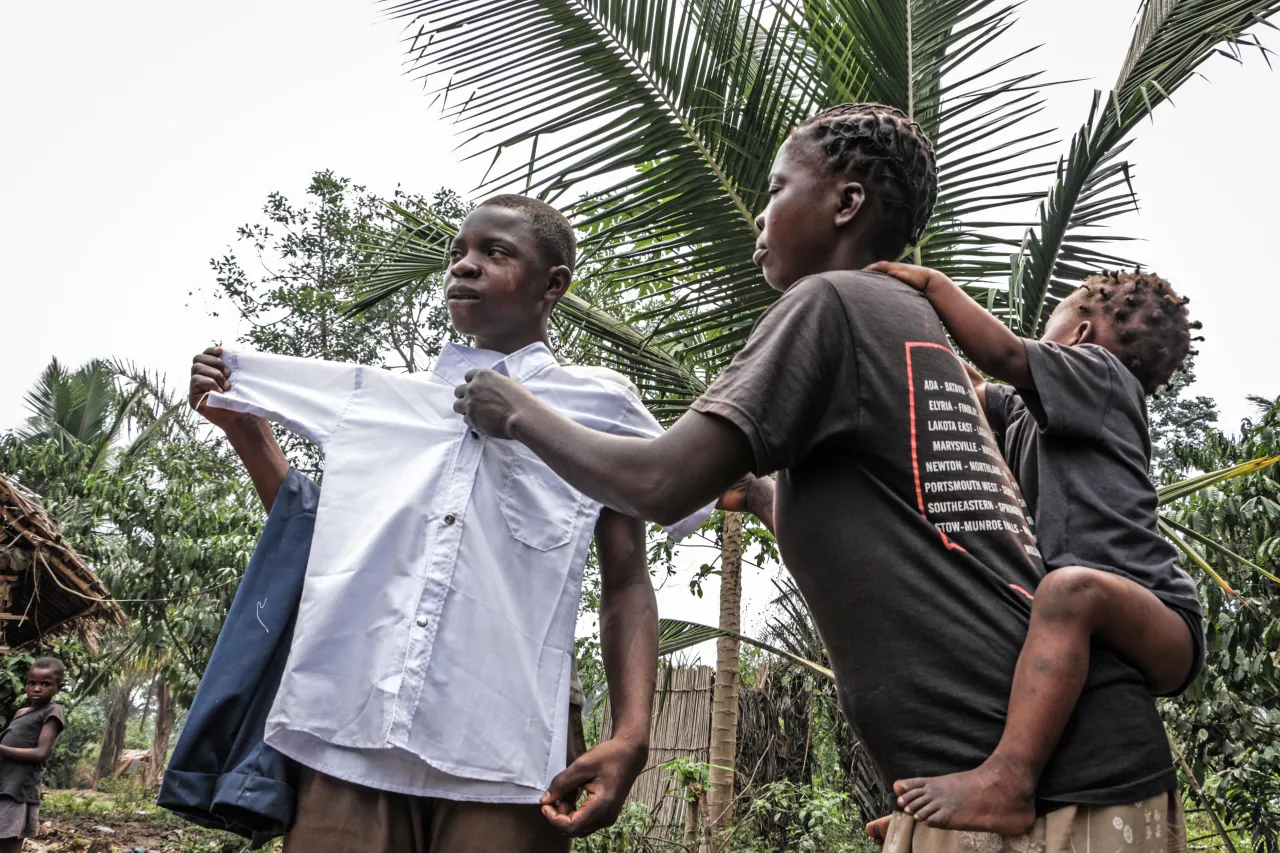
Georgette (35) has been getting her children ready for the new school year, buying schoolbags, uniforms and pencils. She and her family have been through a tough time: their house was attacked and their belongings looted. For a while, they had to collect and sell firewood to survive. "There were times when my husband and I gave the children food but went hungry ourselves," she explains. Today, she sells food in front of her property, having bought her initial stock with money from the ICRC. Georgette earns a little less than the equivalent of $2 per day – enough to feed her family.
Land disputes sparked deadly clashes in 2018 between ethnic groups in Kakenge, which lies in the Kasaï region of the Democratic Republic of the Congo (DRC). Large numbers of people fled into the bush, leaving everything behind. When they returned, many had to rebuild their homes and their lives.

